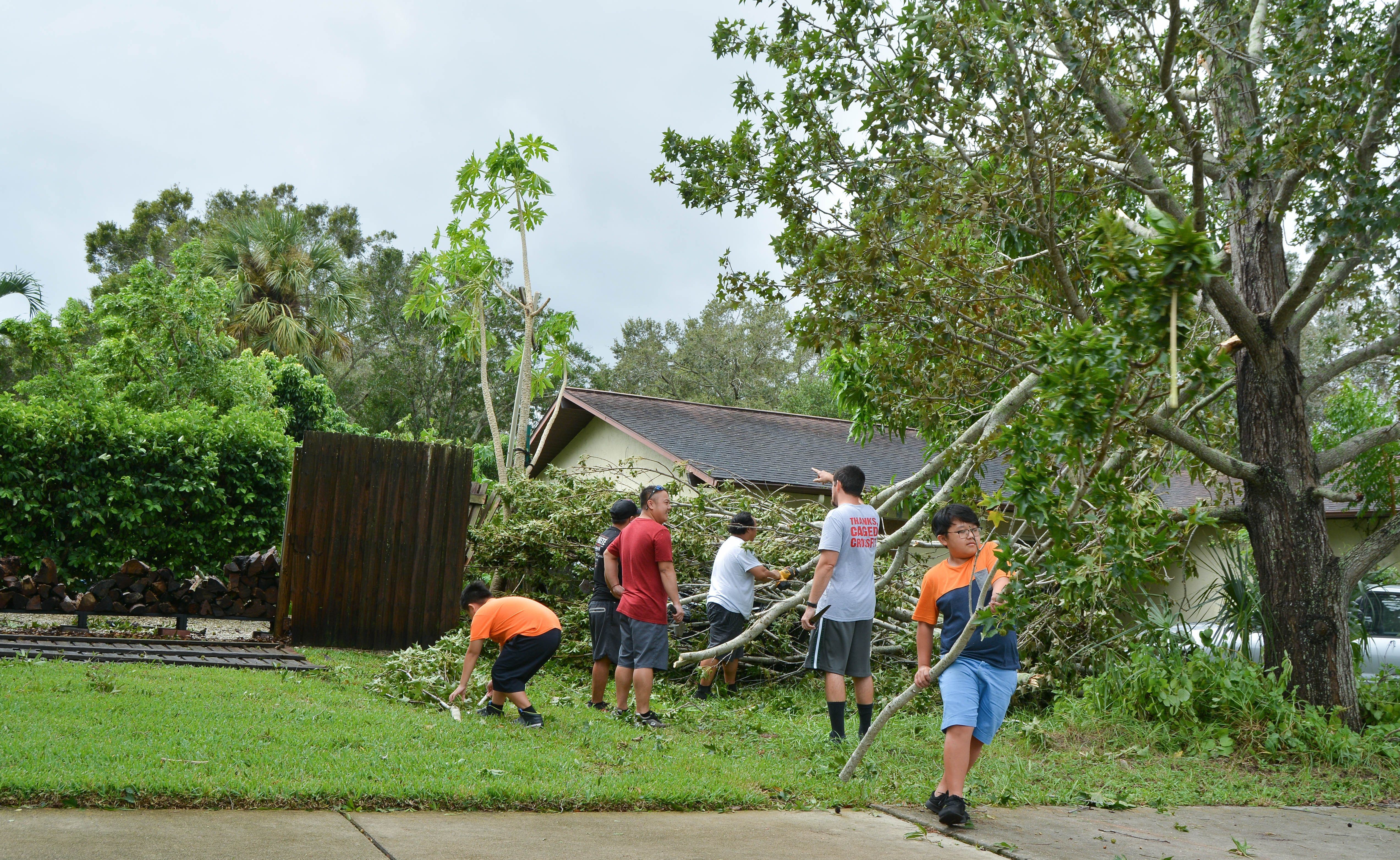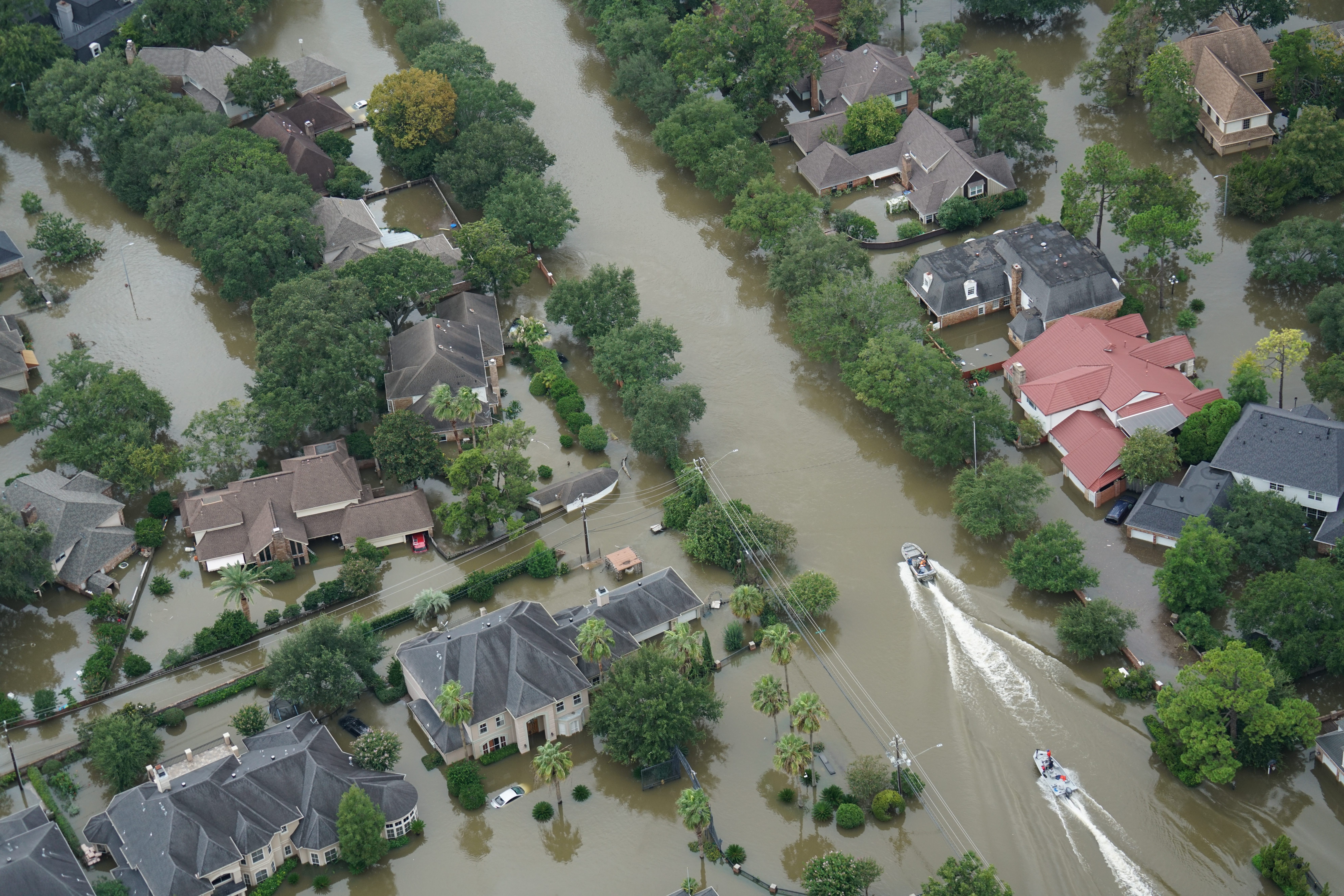Four weeks after Hurricane Irma, most associations have likely made progress in making temporary repairs to damaged communities. This week’s column will focus on the various issues that arise during the rebuilding process that occur after the storm. Part of such process includes selecting the appropriate contractor to perform the work and ensuring that the association’s interests are adequately protected. Associations should be aware of the following issues that arise during the rebuilding process.
Legal review of proposed contracts is critical. During prior hurricanes, many associations rushed to sign simple contracts provided by contractors without contacting their attorneys beforehand. Often, these “simple” form contracts, only one or two pages in length, can be a trap for associations. Such contracts were likely prepared by an attorney representing the contractor, and drafted to protect the contractor’s interest, rather than the association’s interest. Further, attorneys for the association should review any proposed construction contracts before execution by the association, as many important issues are often not addressed in these “simple” contracts, such as indemnification, time of completion, scope of the work, price, liquidated damages, bonding, and compliance with lien laws, among other items.
Construction project-related disputes are common, particularly when substantial repairs are necessary. Such agreements should provide for both the informal resolution of discrepancies in the field, as well as the formal resolution of disputes. Prevailing parties should be made whole, which includes awarding attorneys’ fees incurred during the dispute resolution process.
Before any construction work begins, the association should also contact its insurance carriers. Often, insurance policies require that an insurance representative conduct inspections prior to the start of construction.
Associations should ensure that only licensed and qualified contractors are selected for the rebuilding project. General contractors and many specialty contractors must be registered with the state. It is possible to check a contractor’s licenses and formal complaints via an online search. References should also be checked as part of this process. Further, bonding should be discussed with your design professional and counsel. Contractors should also carry adequate insurance coverage. An association would typically seek to be added as an additional insured under any such policies. Both your insurance agent and attorney should assist in ensuring that adequate insurance protection exists for the association.
Design professionals such as architects or engineers should be utilized during the rebuilding process, as they can serve as an independent party to prepare or approve specifications, without having a financial stake in developing such specifications. Taking this step can help avoid disputes over specifications and the scope of the repairs. Independently-prepared specifications are also important when the repairs involved are to portions of pre-existing structures, or if the repairs involve compliance with new codes.
Warranties should also be reviewed. Particularly, manufacturer’s warranties are often of limited value. For instance, if a warranty is only valid for so long as a contractor or applicant is in business, such warranty is likely of no value should your contractor go out of business.
In summary, the rebuilding process after the catastrophe of a hurricane is an undertaking that requires careful consideration by associations, with the assistance of various professionals such as attorneys, insurance carriers, and design professionals. As we have learned from prior hurricanes, associations should not execute any contract before performing its due diligence and ensuring that any agreement entered into contains adequate legal protection for the association.
Joe Adams is an attorney with Becker & Poliakoff, P.A., Fort Myers. Send questions to Joe Adams by e-mail to jadams@bplegal.com. Past editions may be viewed at floridacondohoalawblog.com
ConstructionHurricaneIrmaRebuildingRepairs





Recent Comments